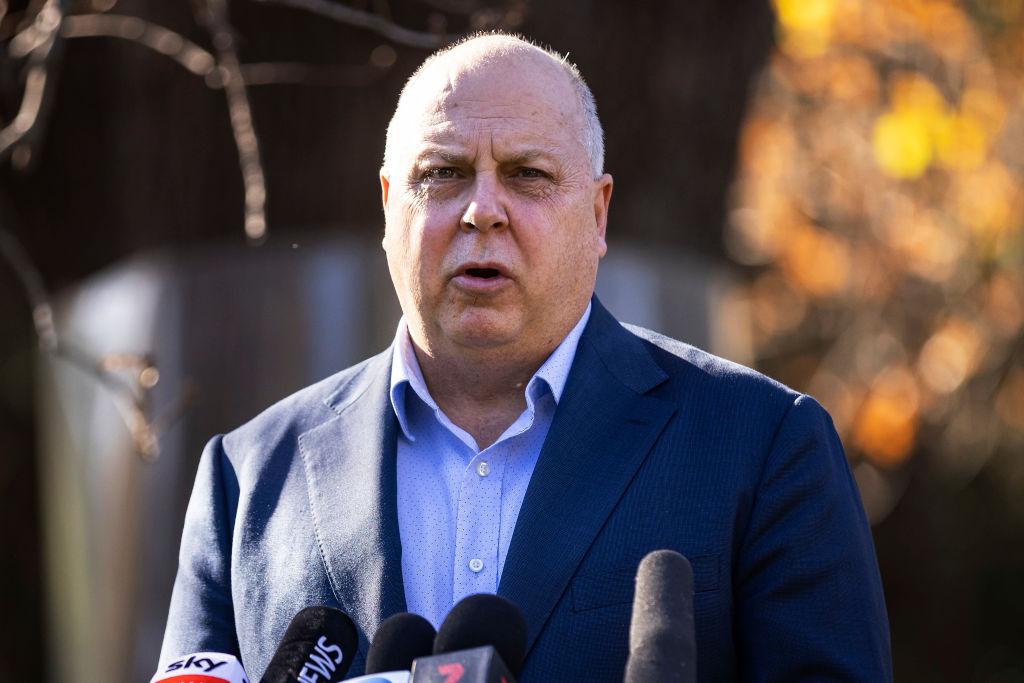Victoria’s net debt prediction has jumped by more than $6 billion (US$4 billion) in six months and is now expected to reach $177.8 billion (US$119.5 billion) by 2027.
The state government attributes that to infrastructure investment, particularly extra funding for the North East Link, which has blown out from $10 billion (US$6.7 billion) to $26.1 billion (US$17.5 billion), and associated freeway upgrades.





